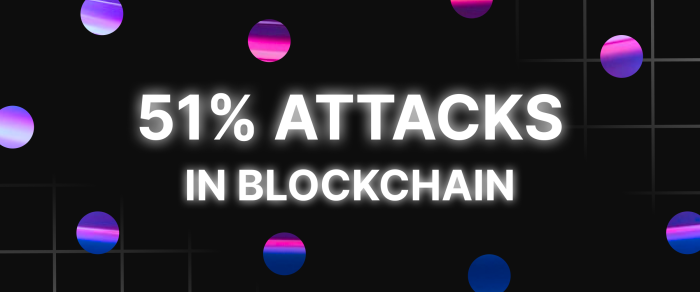Binance Announcement Shakes Crypto Markets: Exchange Faces $4 Billion Penalty and Founder’s Resignation
In an unpredictable development for the cryptocurrency world, an important Binance announcement took place as the most considerable crypto exchange globally faces a staggering $4 billion penalty imposed by U.S. authorities. The announcement came alongside the resignation of Binance’s founder and CEO, Changpeng Zhao (CZ), marking one of the largest-ever penalties for financial crimes in U.S. history.
TheStreetCrypto’s Aaron Arnold highlighted the gravity of the situation, stating, “Binance has to pay $4.3 billion, this is one of the largest penalties the U.S. has ever obtained from a corporate defendant, and CZ himself has to pay $50 million and resign from the company he created.”
As news of the penalty and CZ’s departure spread through the crypto community, Binance’s native crypto token, BNB, witnessed a sharp decline, plummeting over 9% in the last 24 hours. Investors and users are now concerned about the exchange’s future and the safety of their funds.
The penalties against Binance start from a years-long criminal investigation into money laundering, unlicensed money transmitting, and sanctions violations. While this marks another clash between the crypto industry and regulators, it raises questions about whether Binance can overcome these challenges.
A notable distinction has been made between Binance’s situation and the collapse of FTX last year. Binance’s regulatory troubles were well-known, with recent departures from its U.S. arm signalling an impending crackdown. The exchange had been gradually losing ground to more regulatory-compliant entities in the crypto space.
Despite the uncertainties, some believe that user funds on Binance remain secure. Aaron Arnold emphasised, “Binance does a form of what’s known as ‘proof of reserves,’ proving via the blockchain that all user and exchange funds are accounted for, backed one-to-one.” However, the broader implications of this Binance Announcement suggest a shifting landscape for the crypto market.
While questions about Binance’s future persist, some see the crackdown as a regulatory step ahead of potential approval for a spot bitcoin exchange-traded fund (ETF) by the U.S. Securities and Exchange Commission (SEC). Clearing out so-called “bad actors” in the market could create a more institutionalised phase for crypto.
“I’m bullish on Coinbase right now,” Aaron Arnold stated. “Coinbase will be a big winner in all of this. I think U.S.-centric crypto businesses, whoever that may be, they’ll be deemed like ‘the good ones.'”
As the crypto market faces these unprecedented challenges, some analysts suggest that this crackdown marks the end of the worst and anticipates a bullish trend.
Investors, however, are left facing the consequences. The uncertainty surrounding Binance has prompted a significant sell-off, with concerns over the exchange’s ability to recover from this massive penalty and leadership shakeup.
The Binance announcement is not isolated from the ongoing struggle between crypto businesses and regulators. The exchange’s loss of market share to more regulatory-compliant entities over the past year underscores a larger trend in the industry. The Chicago Mercantile Exchange (CME) recently surpassed Binance in BTC futures trading, signalling a shift towards platforms that adhere to U.S. laws.
The fate of Binance hangs in the balance, but the broader implications suggest a change in the industry’s dynamics. Investors and stakeholders are left to overcome the results of this unprecedented event, hoping that regulatory clarity and institutional support will lead to a new era for cryptocurrencies.



